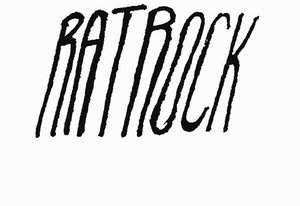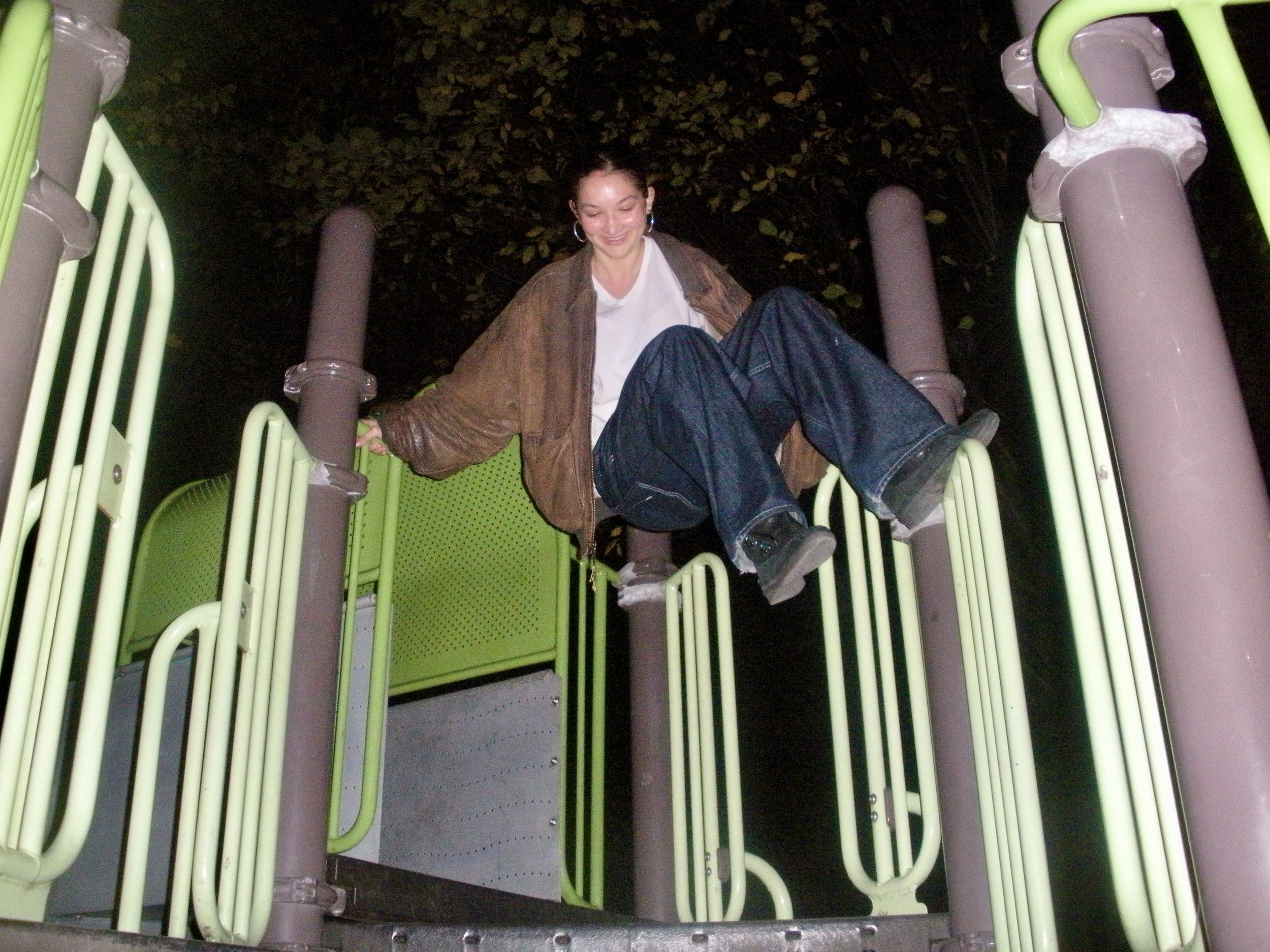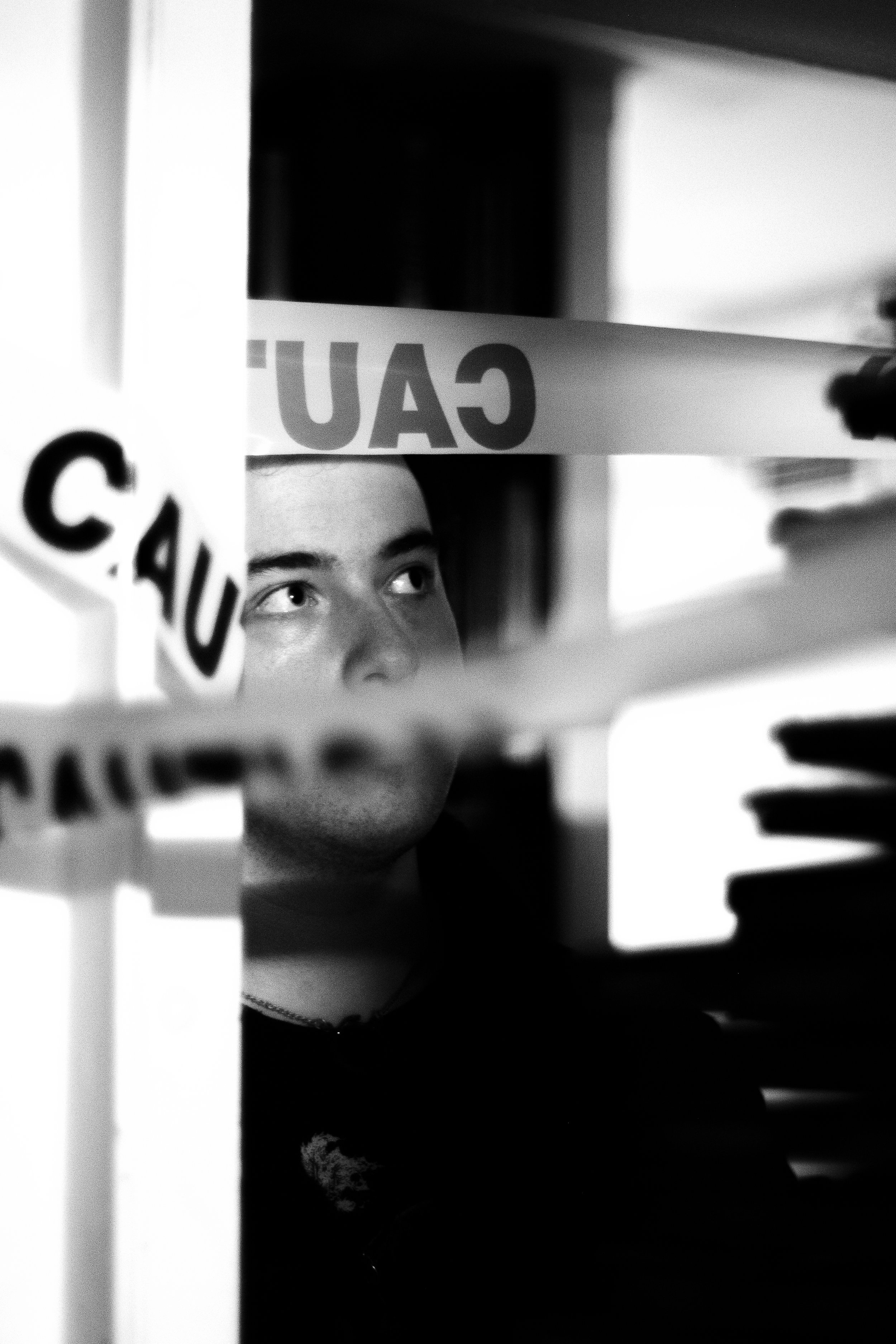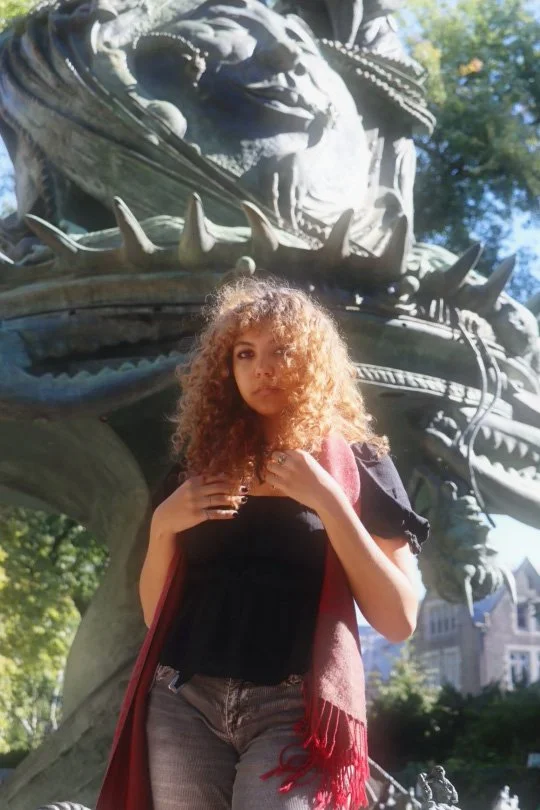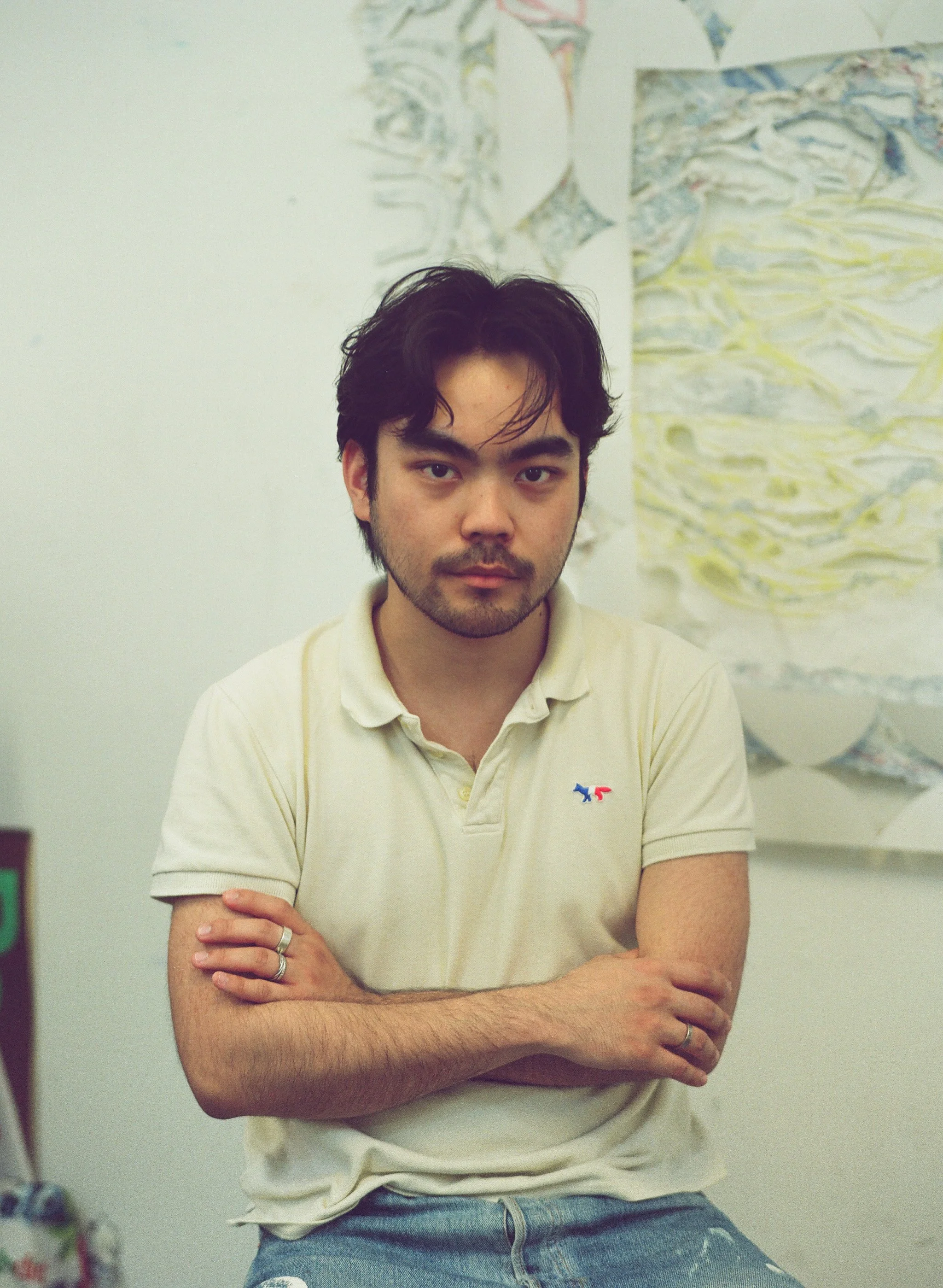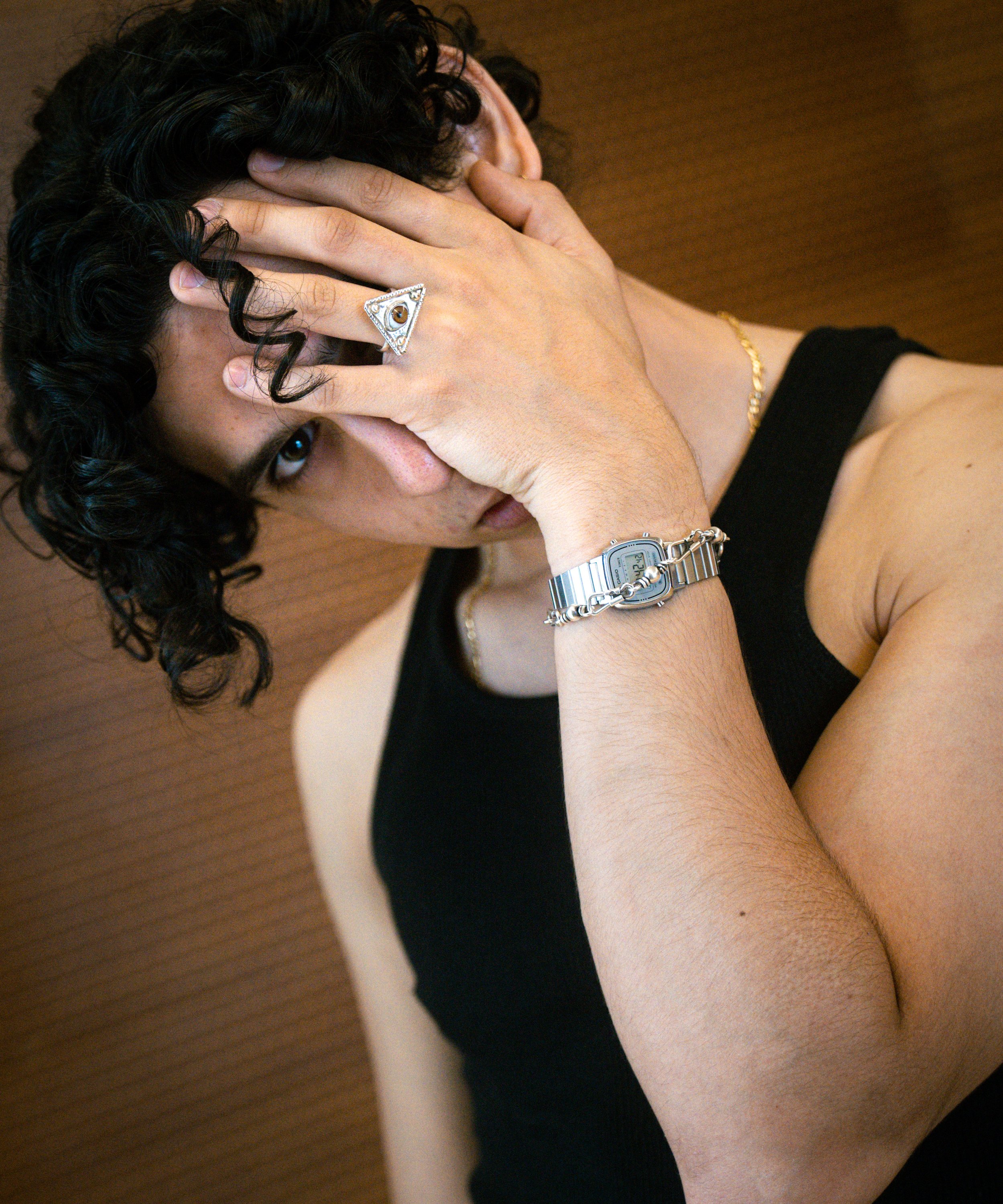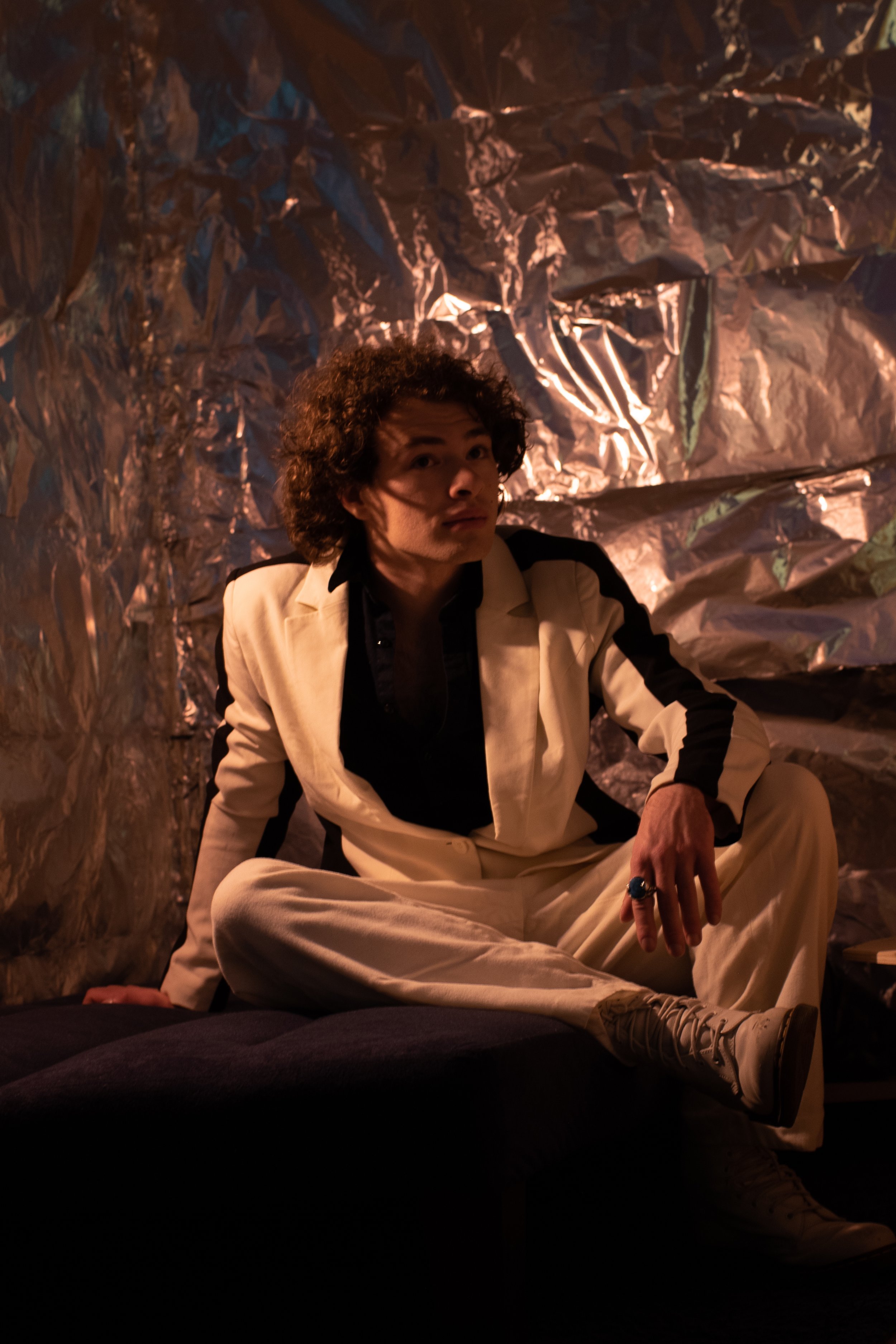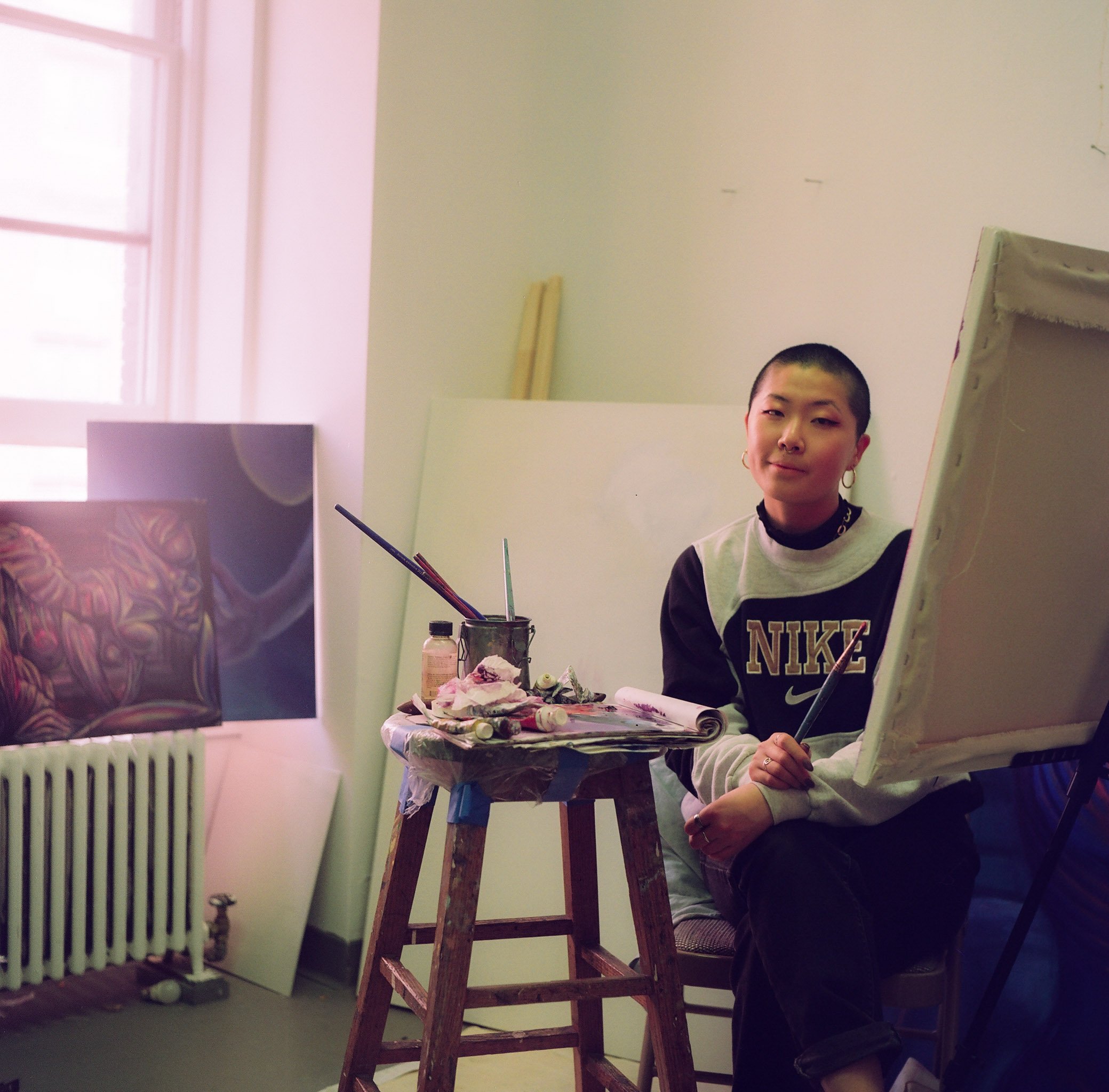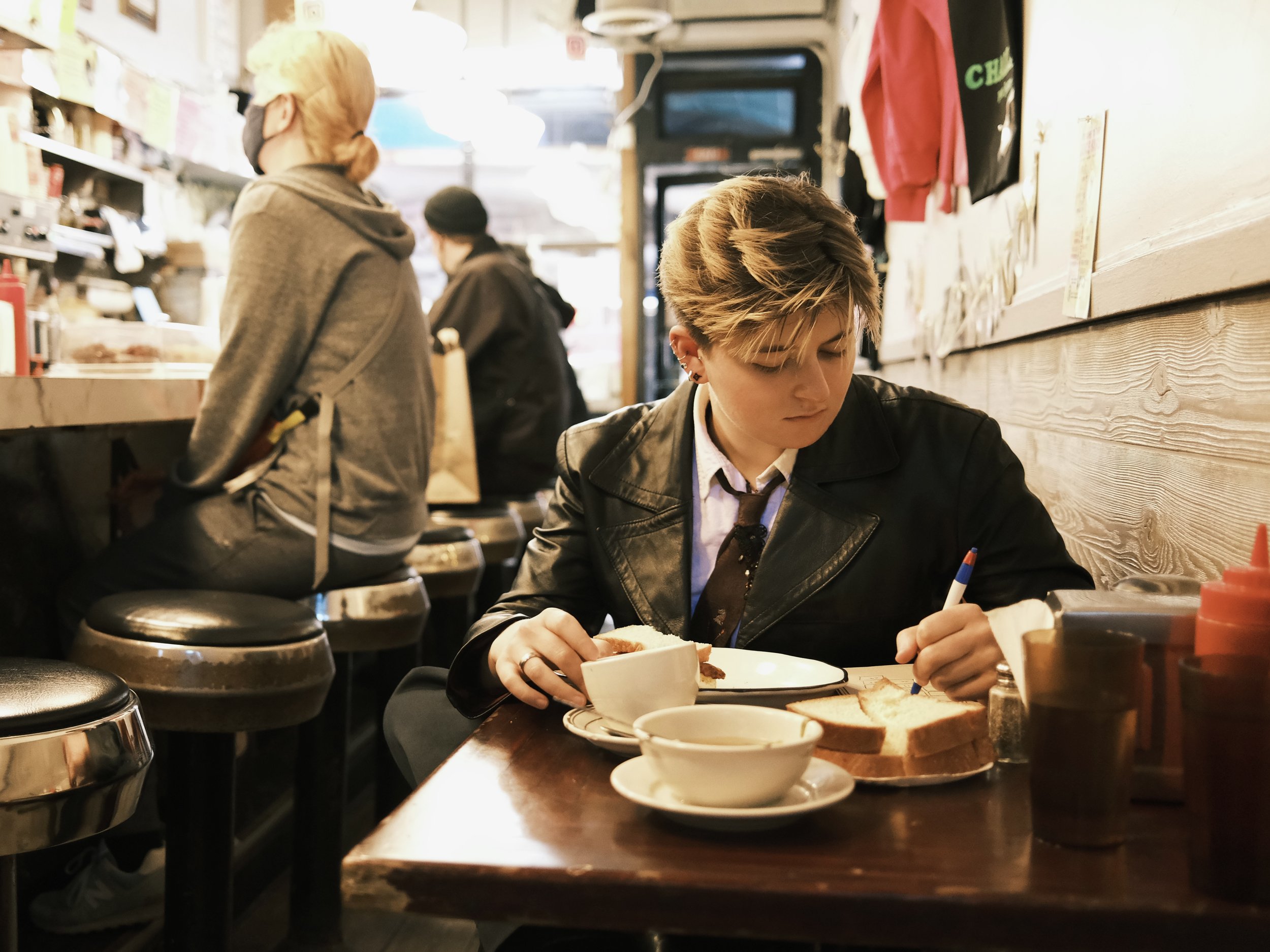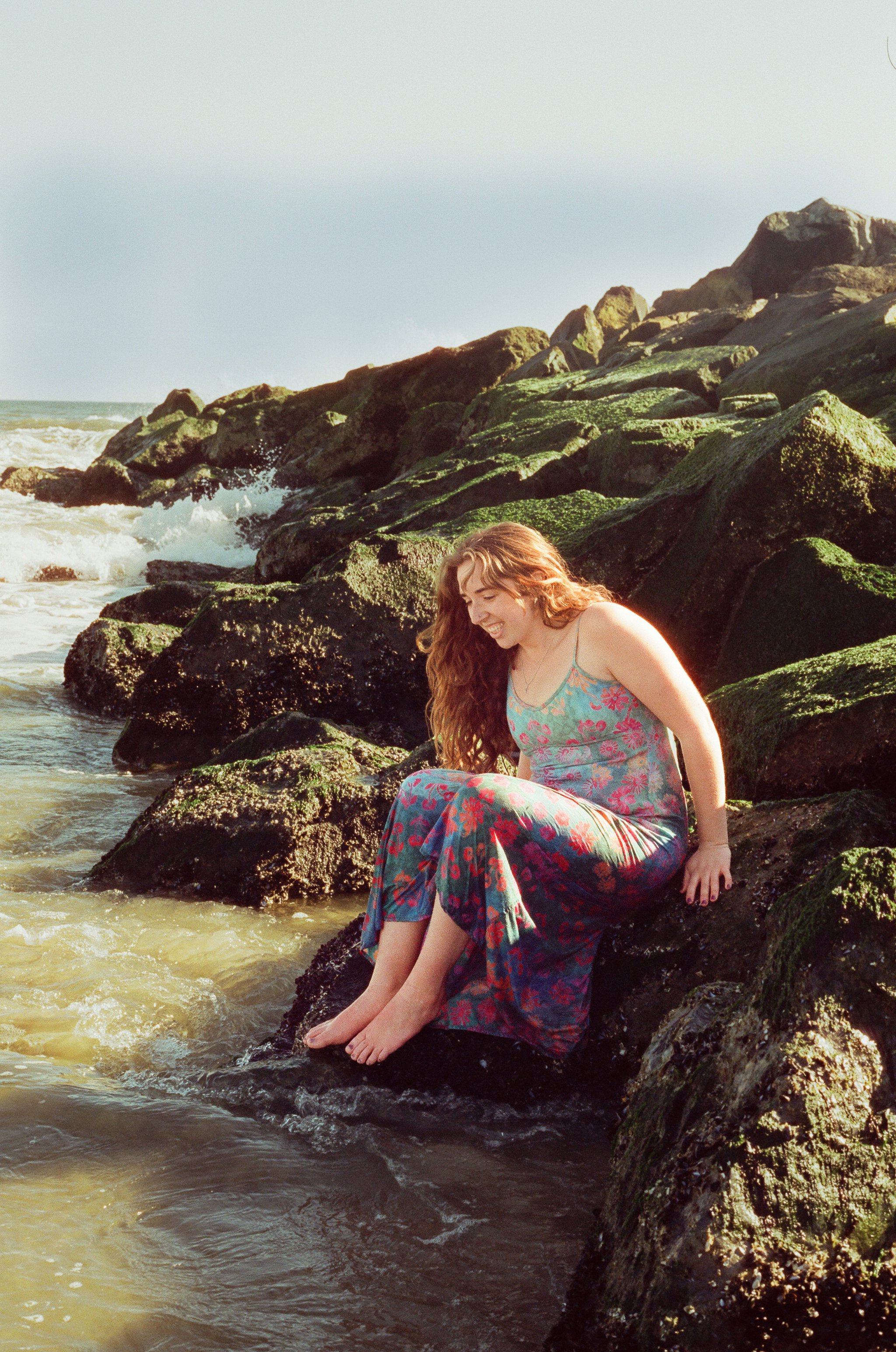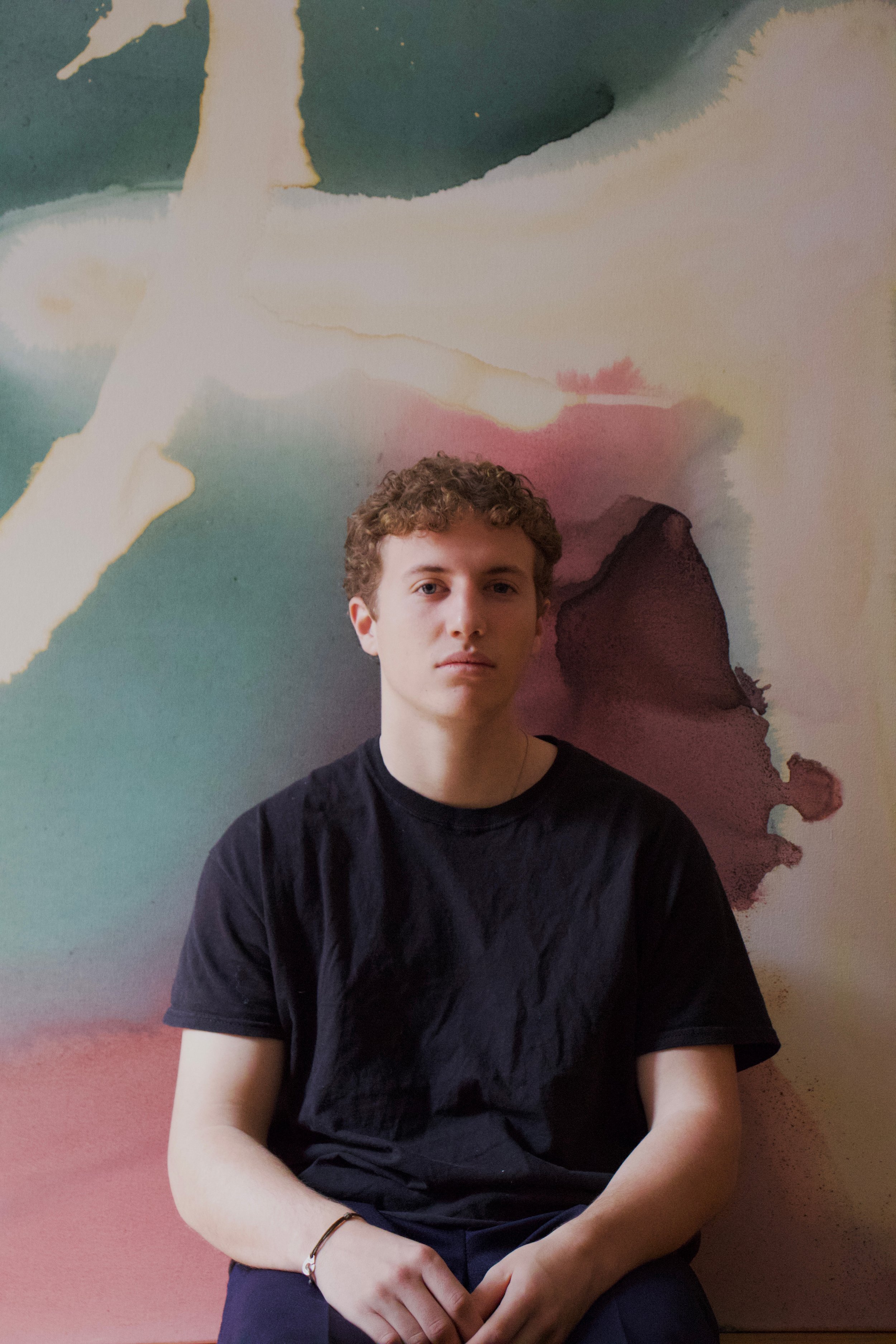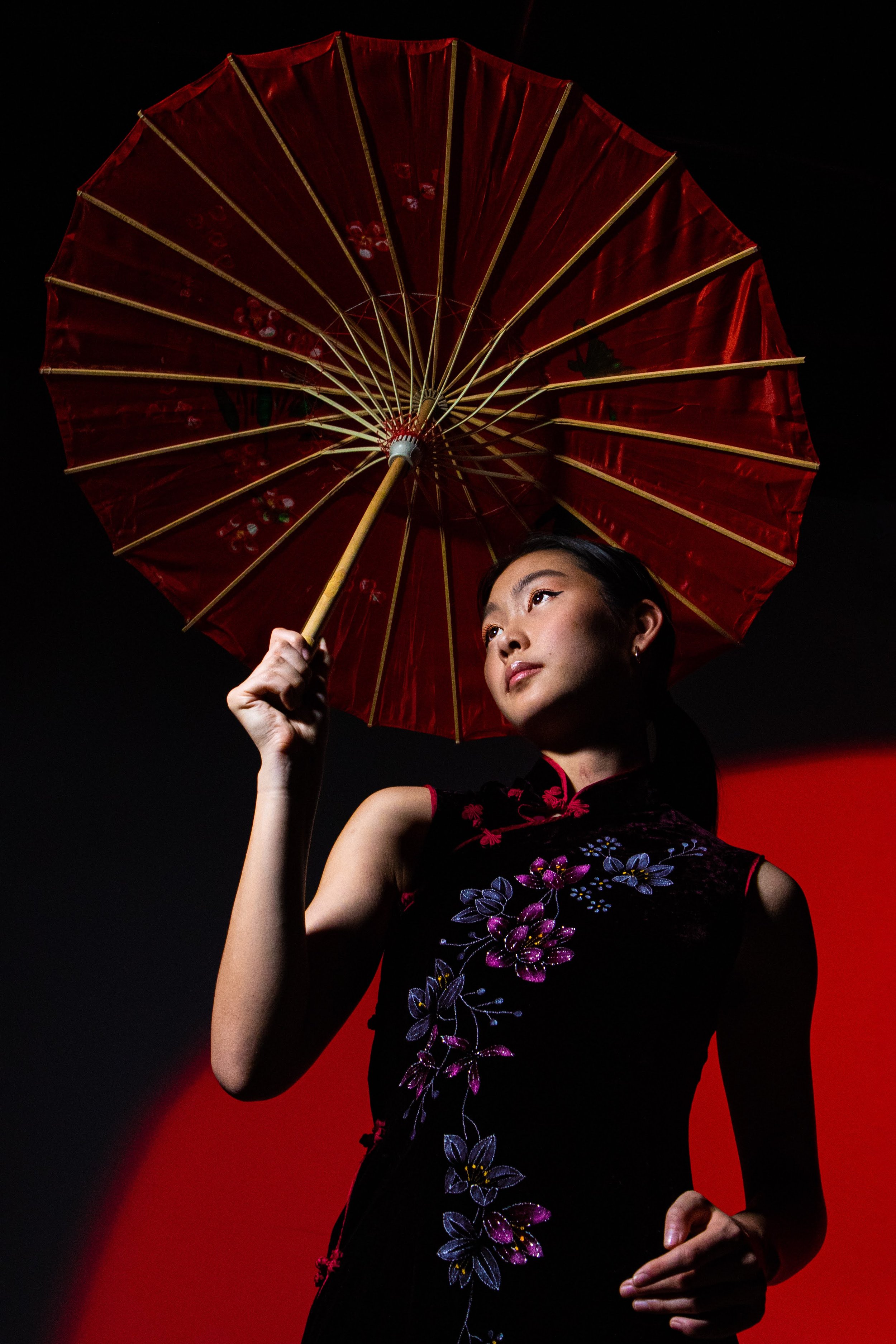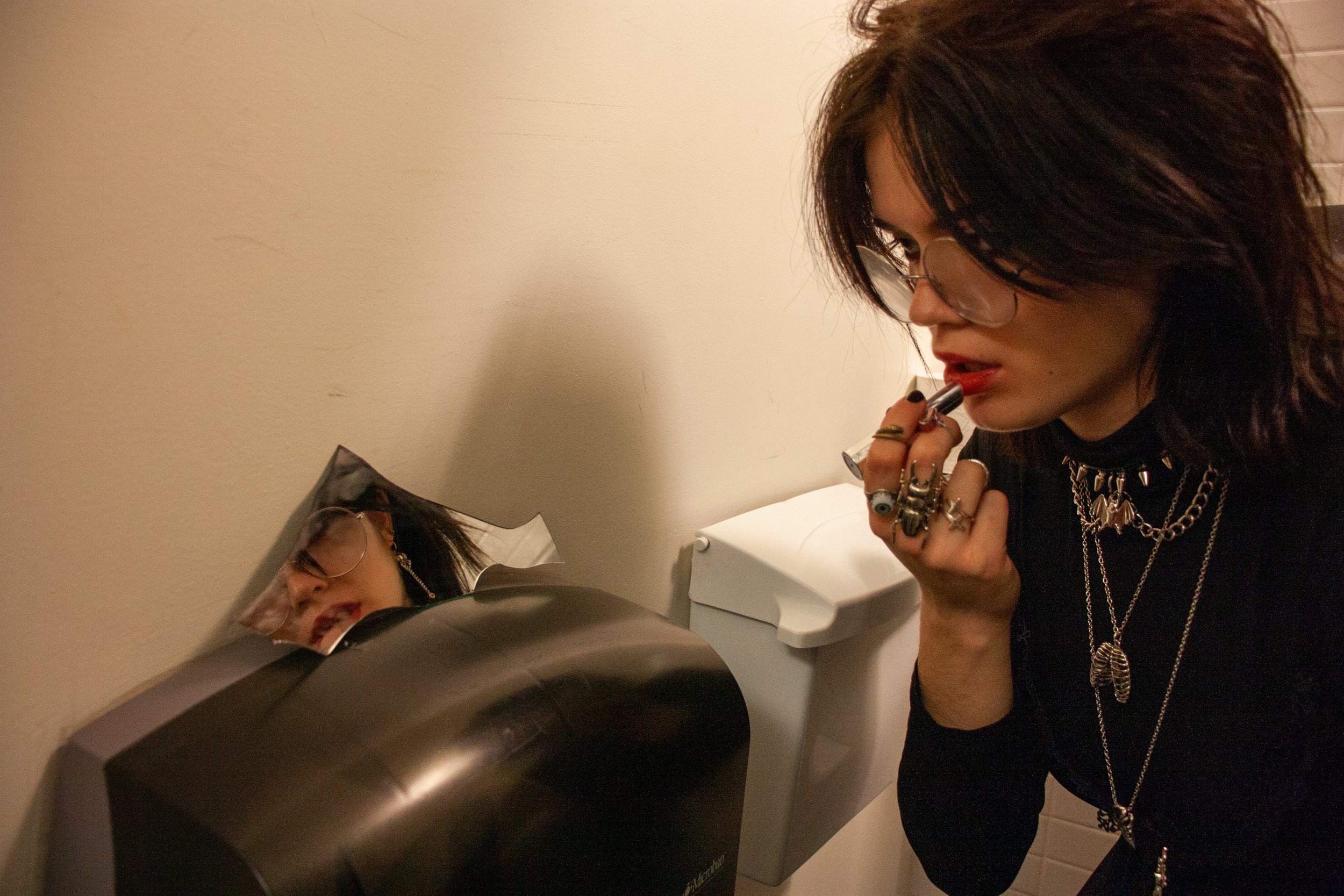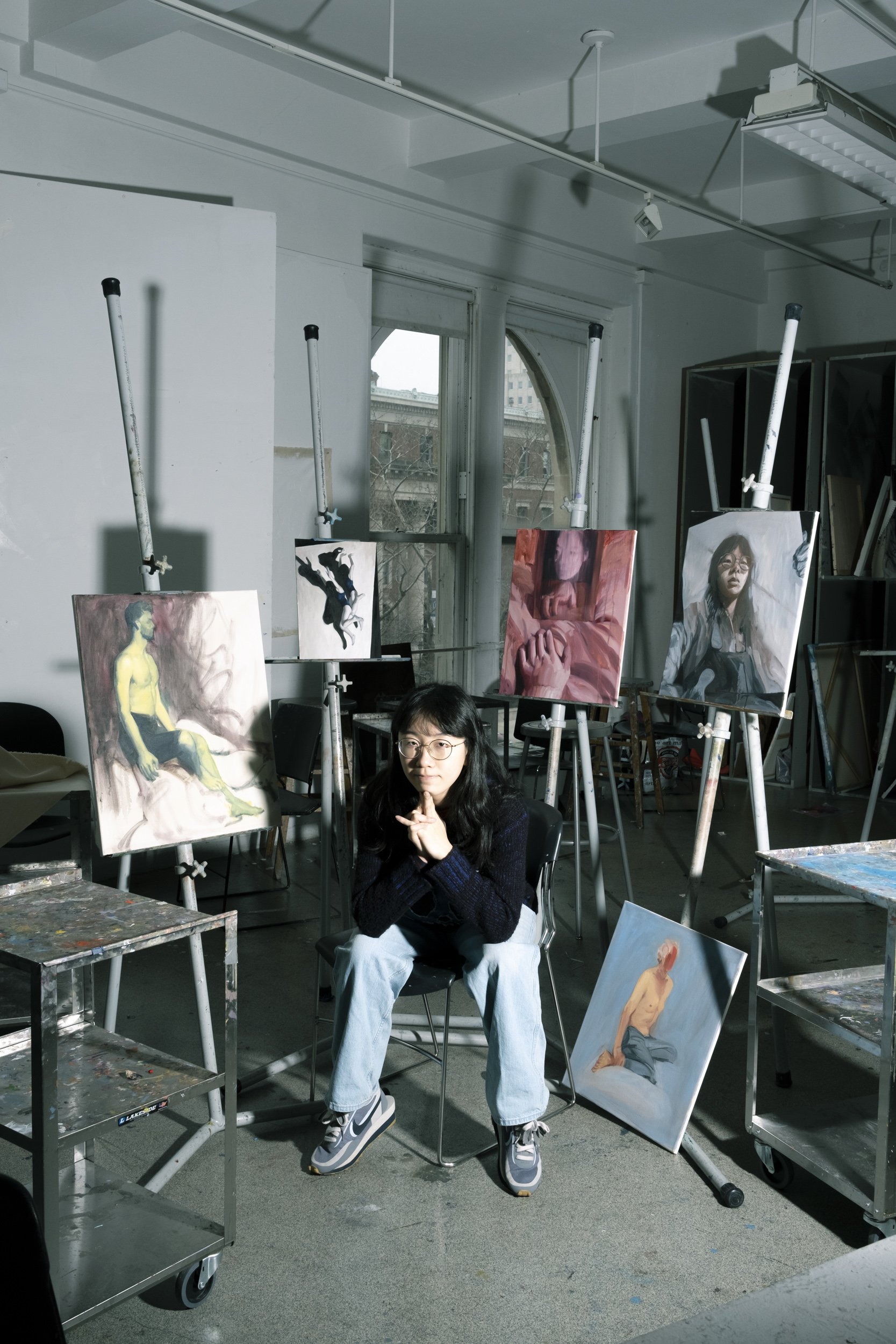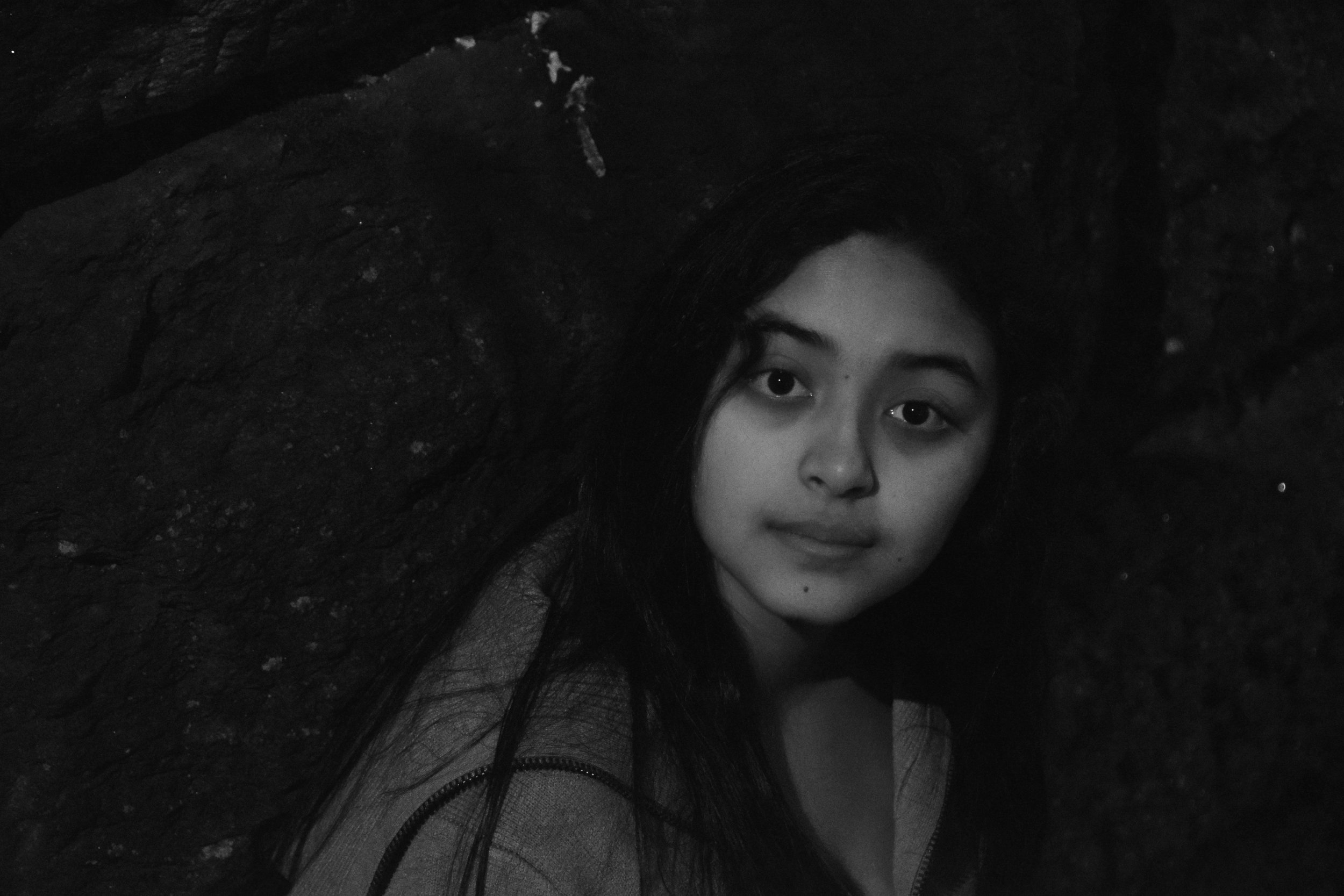
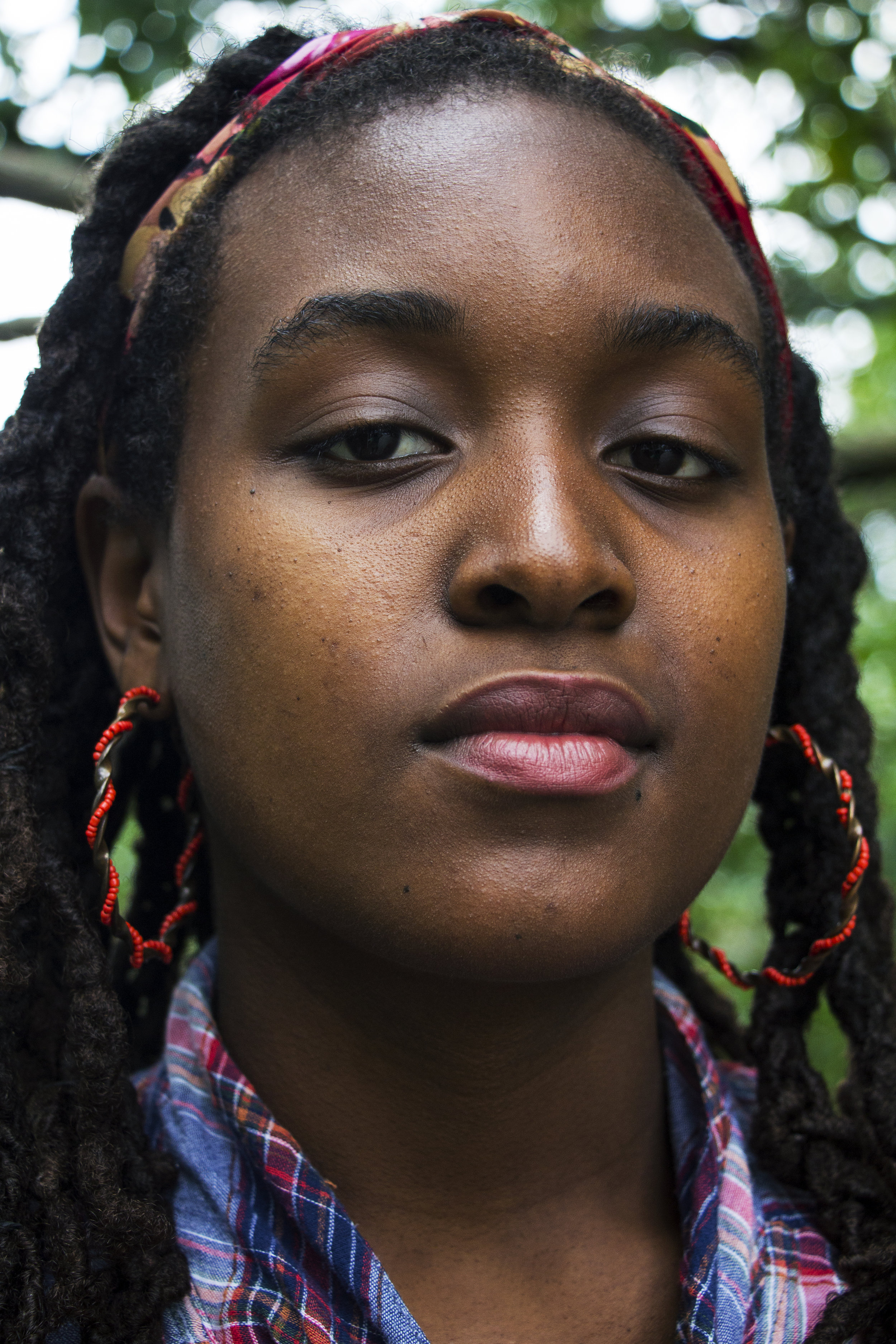
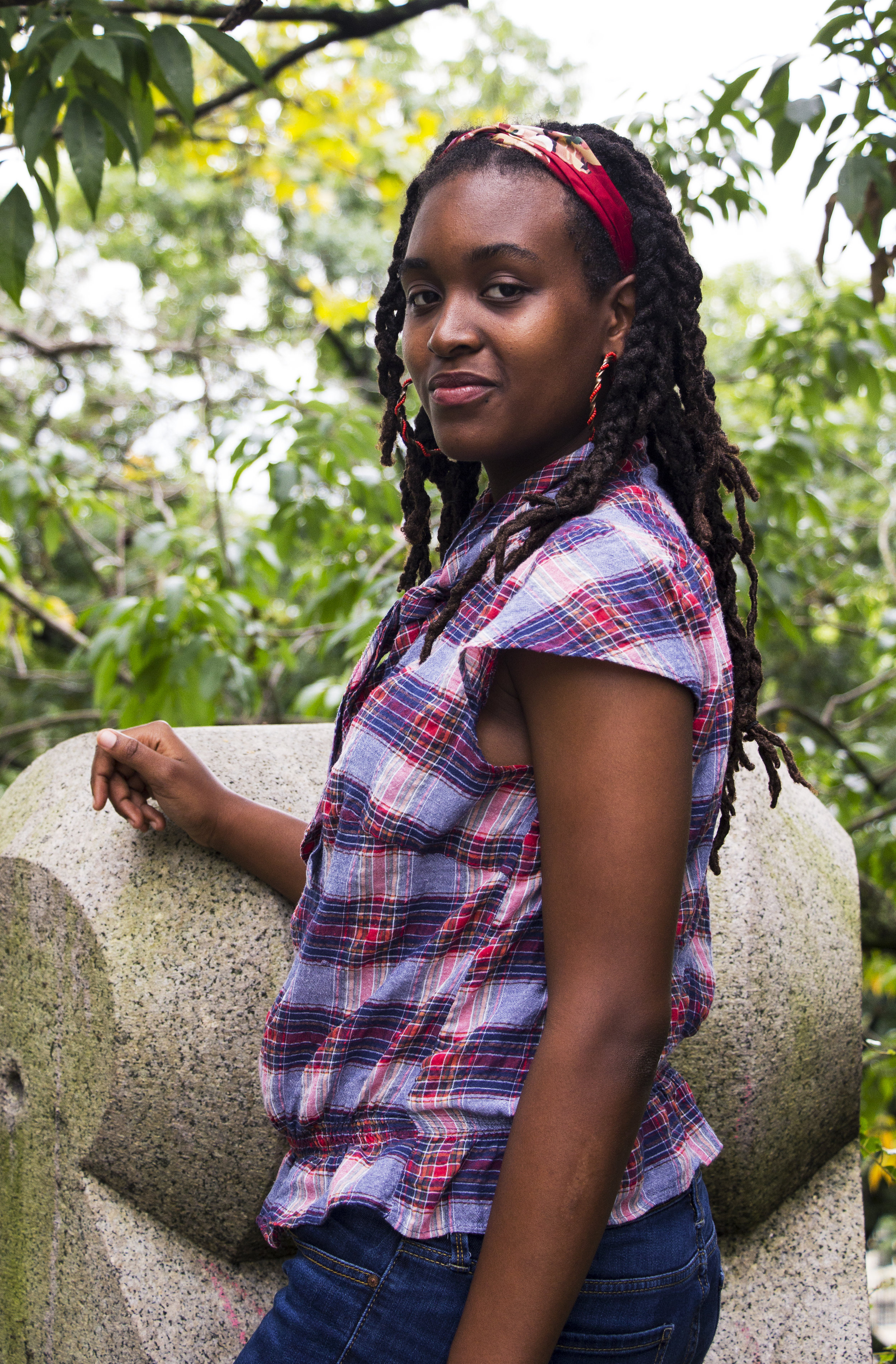
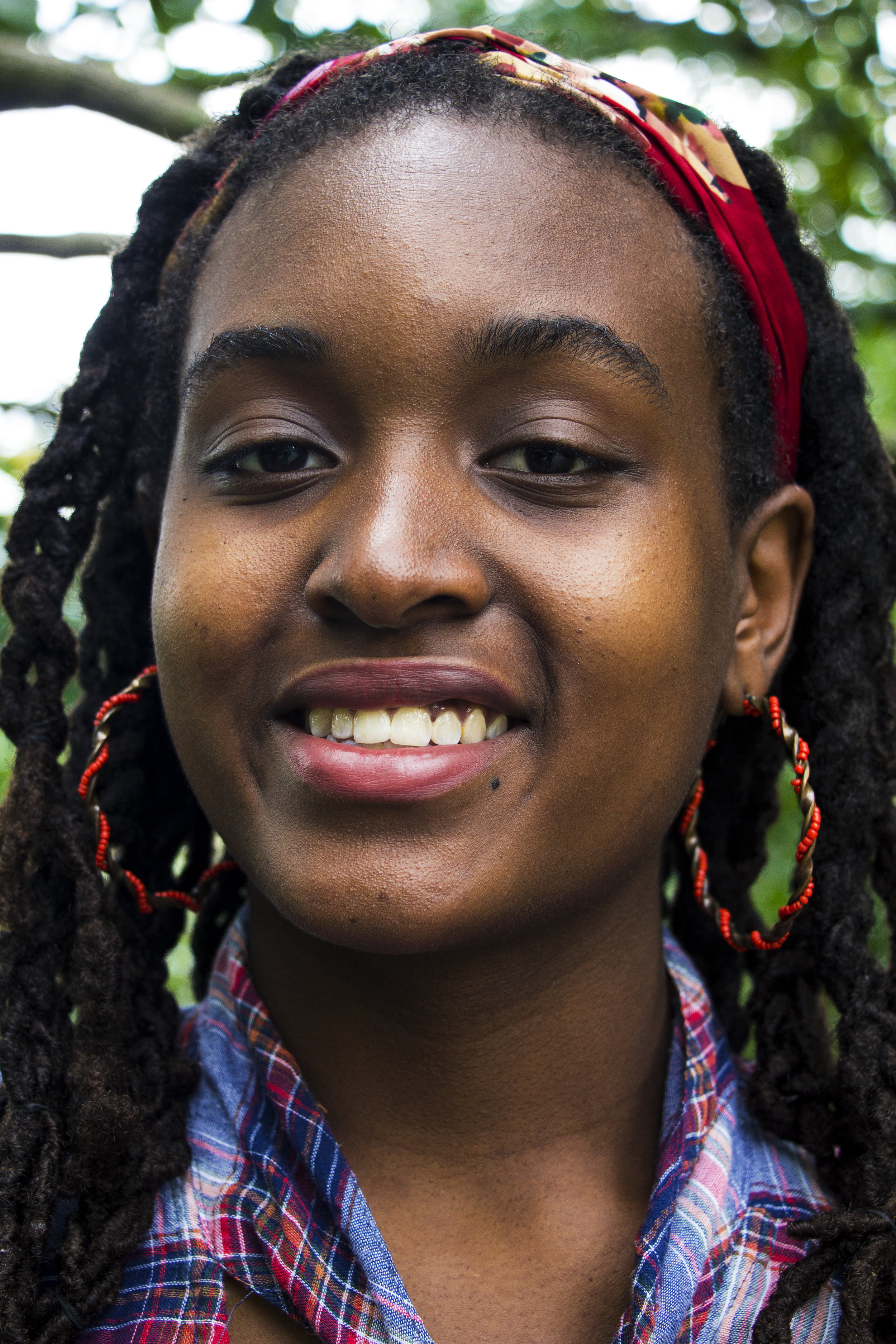
Photography by Elle Wolfley
Interview by Alexa Silverman
Can you introduce yourself?
I’m Phanesia Pharel, a sophomore at Barnard from Homestead, Florida. An undeclared theatre major - what else am I going to do, to be honest?!
Describe your first moments of creating. Were you always interested in playwriting?
I started out performing, like a lot of people. I continue to perform when I can and however I can. When you’re a black woman in theater it’s different because acting can’t be as fulfilling as it is for other people. I remember when I was 10 or 11 - maybe middle school, 12 or 13 - and I was auditioning for Oklahoma. It’s a very classic American musical. I remember my drama teacher telling me I just didn’t fit the part for a character in the show. I don’t know if she meant it in that type of way but I was this very awkward, pudgy black girl with these sprouting dreadlocks - I wasn’t very palatable as a kid, I think. And I knew it. There are so many instances where I just don’t ‘look the part.'
My goal was to go into comedy. Stand up, sketch comedy. Sarah Silverman, of course Joan Rivers, Wanda Sykes, Ayesha Curry as well; I listened to these women and I was like, ‘This is so amazing, this is so funny, this is so fucking weird. I want to go into comedy.’ Then I did this public program [in my sophomore year of high school] that was for young kids to get them to write plays. It ended up not having anything to do with sketch or comedy writing, and it was all about playwriting. I fell in love. I started writing plays. Now that’s kinda my main gig, but I still perform and sing.
Was that your first introduction to playwriting?
Yeah. I read a bunch of plays the summer after I did the program, as well as an anthology of black plays from the 1400s to 1961. Junior fall I was a part of the Thespian Society. The Florida Thespian Festival is actually the biggest festival in the world; you can usually take three items to present or perform with you, in various categories of theatre. I took two performance pieces and did playwriting. I wrote this play about the public education system because I was super pissed off with the way me and my friends were being treated. A lot of shit was uncovered in the play: Trauma that I had experienced and feelings of how systems work to hold us down were unleashed… it was nice to be able to step aside and have a say over my education, because that’s a privilege I wasn’t afforded until that moment.
I took it to the Miami Festival and it won Critics Choice, which is first place, and then to the State Festival where it won first place again. It was selected for the International Thespian Festival and workshopped, and it was published by Samuel French (they publish plays. They actually have the largest collection of Latinx playwrights).
What was it called?
Was that the first play you wrote?
It was the first play I finished.
Where do you first start in a creative project?
It’s different for every project. With “Penelope,” I knew what I wanted to do. I had images - it’s very different from any other play I’ve written. I just sat down and wrote the treatment (a short summary of what’s going to happen). I wrote the first draft, which was 12 pages, and kept writing and I got to 30.
Describe your process of writing.
I feel like sometimes when I’m writing it’s like I’m walking, like I’m looking for pictures. Maybe I’m at a museum and it’s very foggy, and I’m walking, and I’m like ‘Oh, I see this, I see that, oh these two people are talking to each other, I can sort of hear what they’re talking about. Let me guess what they’re talking about.’ As I continue, maybe I get one really clear image, and I see a conversation. And it continues and it continues and it continues and it continues. I knew I wanted to leave the summer with a full length, and I finished it in a month.
(Note: in the fall of 2017, Phanesia’s play “The Revolution Will Now be Televised” was produced by the Black Theater Ensemble at Barnard). What is it like to see your work performed and given life?
If I like [the work], it’s the most amazing feeling in the world. If I don’t like it, it can be really hard to write. It’s really crazy because you have built a world, whether it be an altered version of the one you’re in now or a completely different one. I’m so happy that I discovered playwriting. I feel very lucky. If I were just an actor I don’t think I’d ever be fully fulfilled. Just me personally, everyone’s different. Acting is amazing; actors bring so much to the script, but I like to build worlds. You can’t build worlds as an actor. You can build a character in a world; you can add to it; you can be the paint, but to build a world you have to write. Writing is my salvation, but performing is my essence. You can’t separate the two.
Now that I think about it more I’m like, ‘Oh my gosh, I would never be who I am today if I didn’t write plays.’ I wrote plays after “Penelope,” and some of them were taken to festivals, which is cool. It’s been really dope seeing them put up.
How has your work changed since coming to Barnard?
I have written several plays, from one minute to five minutes, and a full length [play] that I’m working on. Since coming to Barnard I’m a lot more confused on writing things that interest me rather than doing it for other people. Just because a play is political doesn’t mean it is actually good.
Are you involved in theater on campus?
One of my plays, called “Zoo Story,” was actually done during Wordplay, last fall semester at Columbia. It was also put up in LA. It was about people zoos, which still now is a thing - just we don’t know about it. [People zoos are] people who are considered exotic held up for exhibition, which is an interesting concept. Capitalist gain and sick fantasy; white supremacy.
Right now I’m a part of XMAS!13, which is a secular spectacular musical that happens every fall at Columbia. I’m writing lyrics. It’s really hard to write an entire musical in a semester - really, less than a semester - because you have to give the students time to learn it. It’s a low high pressure environment you’re writing one musical and setting decent deadlines for everyone’s mental health. Last semester I auditioned for shows, and XMAS was the one in which I got to do the most creative thing: be Assistant Director. Student theater is super cool. And XMAS’s thing is XMAS is for everyone. It is really awesome.
Do you think playwriting is an accessible hobby for young students?
It’s super accessible. I think the most oppressive thing to a playwright is Shakespeare. It’s not even his fault - it’s his fanbase. Like Lady Gaga is great but her fans are the worst. That’s Shakespeare, his fans are the worst. Test makers, professors, and reading lists pretend Greek theatre and other forms of classics don’t exist. It’s limiting. They’re all fans of Shakespeare, to the point that I’m like, ‘Have you read any other playwright?’ It’s such a disservice. We live in two different worlds. I think it’s really sad that people say Shakespeare is the greatest playwright or the greatest literary figure of all time. How do we expect young writers to feel like anything they’ll do will be valid when the peak of writing has already come?
What factors do you take into account when writing a play?
I think it is better if you just write whatever the play is. If you’re thinking about factors of other people before the play is written, or before the first draft, you’re going to get stuck. That’s happened to me in previous drafts. Where I am right now is that I just write the play when I feel like it - when I have the fire.
When do you write and what inspires you to write?
I usually write during breaks but after I met Ntozake Shange I felt energized to write. So I did. Next semester I hope to write more.
How does your work express your identity, and what themes do you often feature in your work?
Usually my plays are centered around black women, but I’m writing a play right now and I don’t think there is [one]. That’s really weird, but it’s also cool. It’s limiting, the idea that black women always have to center their work around black women. It can be liberating but it’s absolutely limiting. If I’m building a million different worlds, there’s going to be worlds where certain people just aren’t in them at the moment.
I also think if you’re building a million different worlds as a writer. The people who have written 100 plays, and they’ve never considered a person of color or a queer person or a disabled person or a person living within the margins, you have to really reevaluate that. It doesn’t need to be on the stage; it doesn’t need to take up space.
What is the value of theater for you?
Theater is one of the most precious things humanity has - and theater looks like a million different things. A bunch of people go into a room, and you [the audience] build a relationship within two hours with the playwright, the character, the actors, and everyone who is working backstage. Everyone knows you’re watching a play, when you’re watching a play, but you actually believe it. If you can believe that you’re in a room of people and that they are something other than what they are, that I think means you can believe in so much more. People who are like, ‘I don’t believe the world can be a better place; if you can fucking watch your TV and believe that Sarah Silverman is Miss America (in her show), then you can believe the world can be a better place. It gives me hope. You can actually make people believe anything, and theater is proof of that.
